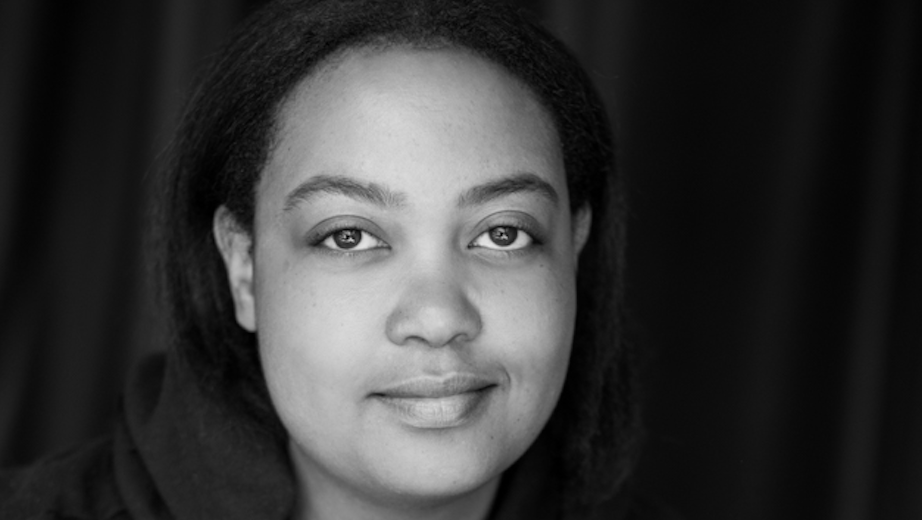You Better Have Grit If You Want This Venture Capitalist to Invest In Your Company
Backstage Capital's Arlan Hamilton shares what she looks for in prospective investments.

Arlan Hamilton launched Backstage Capital in 2015 to help diversify the pool of entrepreneurs who receive venture funding. Here, she discusses what she's learned over the past three years, and her hopes for the tech industry moving forward.
Marie Claire: What inspired you to start Backstage Capital?
Arlan Hamilton: I saw a disparity in the amount of capital that was accessed by women, people of color, and LGBT founders. It seemed very short-sighted on the part of the investor. If it's true that pattern matching is sometimes a good thing because that means you invest in what you see in yourself, then the people investing and writing checks should look more like the rest of the country. So I decided that I would become one of those people.
MC: Are there specific traits you look for in founders before investing?
AH: I look for founders and teams who have grit, determination, who are kind and thoughtful in their approach, who can take criticism, and who can turn criticism into fuel and make something 10 times better than I would have imagined. I look for people who are working on companies that mean something to them. I like moonshot ideas rather than those that just move the needle slightly.
MC: What are the challenges that women, people of color, and LGBT founders face when fundraising?
AH: They face the same challenges that others face, but there is the additional issue of preconceived notions about who they are and what they can do. There are biases about their potential and about, in some cases, their ability to strategize and to lead. Overwhelmingly, I've found that there is an unconscious and a conscious bias against women and against people of color.
The people investing and writing checks should look more like the rest of the country.
MC: What's most important for founders to focus on when launching and scaling their company?
AH: Creating something and building something that people actually need and want. It's also important to think about why you're doing what you're doing. Why did you start the company? Why do you want to do this? Is it because you want to go through the journey of being an entrepreneur? It is not an easy journey. It's not a quick fix. It's not a magic pill. Before you start asking people for money, for partnerships, for resources, ask yourself why.
MC: Which companies in your portfolio do you think will cross the billion dollar valuation mark over the next decade?
AH: We have 64 companies in our portfolio. Some of them have aspirations to be $10 million companies or $100 million companies. There are some who have aspirations to be unicorns, and I believe in them. I think if CareAcademy, Filament, Radiant RFID, OmniSpeech, Avisare, and Akash Systems wanted to be unicorns, they could be.
MC: What makes you immediately say no to a prospective investment?
AH: There are some founders who, when I'm asking questions—which you're supposed to do as an investor—when I'm diving deeper, they will get very very defensive, very quickly. They will say disparaging things about competition, or they'll say that there is no competition, or they'll make claims that are just unrealistic. That sort of posturing is very indicative of a bad, alarming leadership style. And frankly, if you can't take my questions, you're gonna have a hard time taking those of people who have less invested in you as a person in the future. So that is a very big red flag for me.
Get exclusive access to fashion and beauty trends, hot-off-the-press celebrity news, and more.
MC: In the wake of several major social movements over the past few years, have you noticed changes for women, people of color, and LGBTQ entrepreneurs in the tech industry?
AH: I've definitely seen the culture shifting. Last year, we saw a lot when it came to sexual harassment in tech. It helped us bring bad behavior to light that had been in the shadows. It empowered women. I think the same will happen in 2018, but it will be for more racial topics. We will lose some of our heroes in the process, but it will ultimately be positive and healthy for us to be transparent and to be united. There's strength in numbers.
Want to learn more about the Unicorn Club? Hear from other billion-dollar female founders and venture capitalists here.
A version of this story appears in the April issue of Marie Claire, on newsstands now.